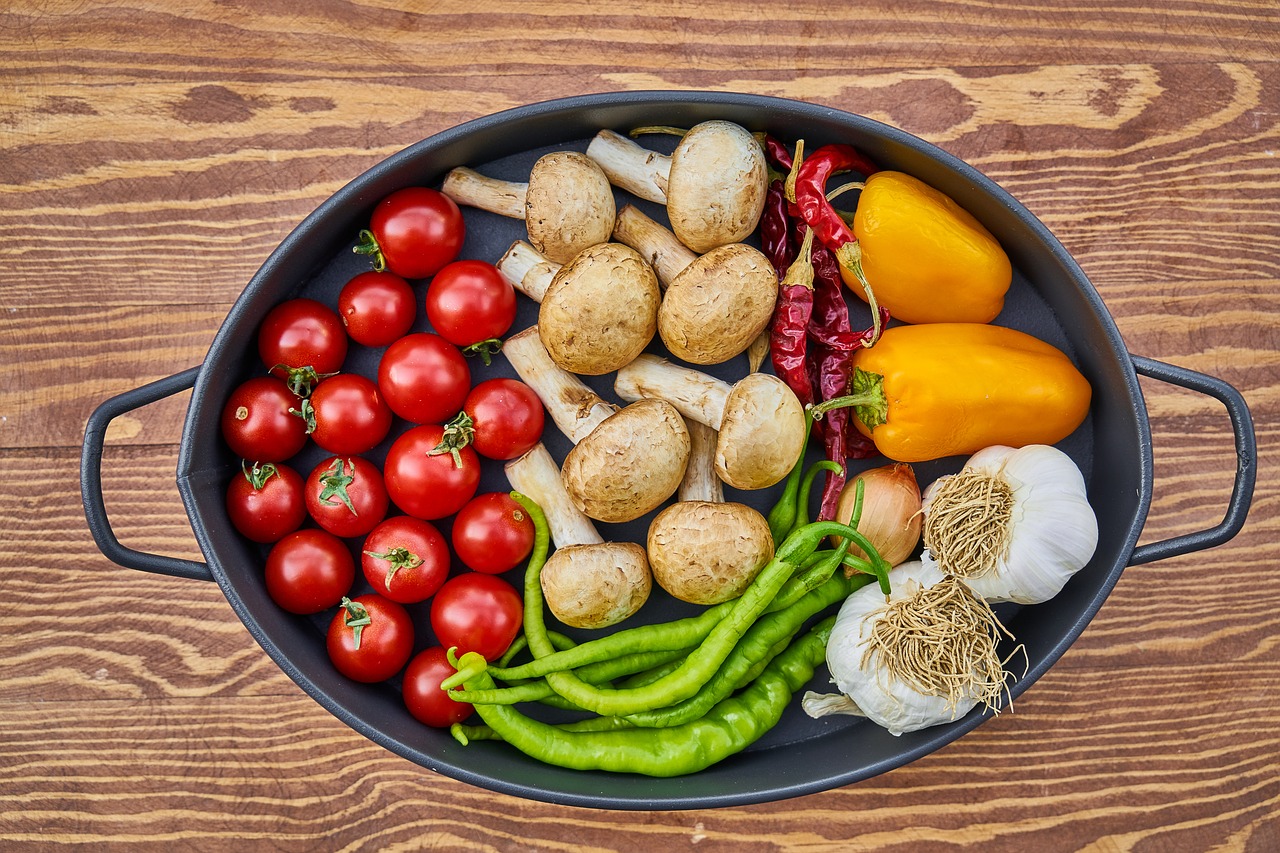Nutritional Tips During Your Cancer Journey

Guest article from rehabsmarter.com
Cancer and treatment both put a lot of strain on your body and mind. It’s a critical time to take care of yourself yet can present with a host of challenges. It’s important to get essential nutrients, manage a healthy weight, and stay as active as you can to keep muscle mass, and prevent complications. Yet it can be difficult when you suffer some of the side effects both cancer and treatment can cause to your digestive system and energy.
Good nutrition will help you stay strong and feel better. If it’s difficult to eat a regular meal, or you lack an appetite, try eating six small meals or supplement the meals with liquid nutrition supplements that provide a lot of nutrients and calories. Boost your nutrition with smoothies made from fresh fruit, yogurt and/or ice cream. Make every meal count by making sure they are packed with nutrition. If you are having difficulty getting in a healthy balance of protein, carbohydrates, healthy fats, vitamins and minerals, ask your healthcare team to refer you to a professional. You can also try finding a registered dietitian online through the Academy of Nutrition and Dietetics or from sites like Whole Health RD or Alissa Rumsey RD. Try to maintain a healthy weight. If you are overweight, this is typically not the time to lose weight so ask your healthcare team first if it is okay.
To prevent getting dehydrated, be sure to take in at least 64 ounces of fluid a day. A lot of the newer sport bottles measure the liquids if that helps keep you on track. If water gives you nausea, or you find it difficult to drink that much, try watery fruits like watermelon, soups, popsicles, flavored drinks, and sports drinks. Drink tea with honey, milk/milk substitutes, a yogurt drink, or protein shake. If the protein shakes don’t appeal to you, try a different brand or flavor, or try refrigerating them. You can also place them in a blender with ice cream or fruit to make them more pleasant.
If you have sores in your mouth or throat, have a dry mouth, or have trouble swallowing, try putting your food in a blender or food processor, and adding products that will make it smoother and creamier. Add calories and smoothness with creamy foods like butter, cream, gravies, cheese, yogurt and mild-flavored sauces. Try drinking cold liquids to soothe your mouth and throat. Sip and swallow small amounts of food or liquids at a time. Avoid foods that can scratch your mouth and throat like fried items or fruit with skin, or can be difficult to chew into small pieces like beef. Stay away from acidic or spicy foods until you heal. Treatment often destroys taste buds. If you have a metallic taste in your mouth use plastic silverware and nonmetal cookware, and suck on mints, chew gum or eat fresh citrus foods. Some people find sour lollipops or candies reduce the metallic taste. If your food tastes bland, try adding some spices in your cabinet that will add flavor. If one food does not appeal to you, try alternatives like vegetarian sources (nuts, beans, fish, eggs, cheese, nut butters, soy products, and such) for protein.
Treatments tend to lower your immune system and increase your risk of infection. To prevent getting sick from food-borne illnesses, rinse all your fruits and vegetables well even those with an outside part you don’t eat. Bacteria can enter from cutting through the outer part. Wash your hands before and after handling foods. Stay away from cafeteria-style restaurants and pot luck dinners. Keep foods at proper temperatures, and refrigerate or freeze leftovers promptly after eating them. Check expiration dates. Use separate cutting boards for meats and fruits or vegetables. Avoid raw or partially cooked foods. Thaw food in the refrigerator, not on the counter or under warm water. Following cooking instructions carefully and use a meat thermometer to check meats are properly cooked.
You also can lose important muscle mass when you sit or sleep too much, or don’t take in enough protein. Even if you don’t lose weight, you may lose muscle that gets replaced with body fat. Muscle helps support your system and reduce your workload. Walking is a great, easy for your body activity you can do anywhere. Dance with your partner. Try to walk or do some sort of light activity every day on a level surface to your tolerance. If you are feeling unsteady, or fatigue or get short of breath easily, get a 4 wheeled walker with a seat (rollators) so you can sit whenever you need. You can find the best prices online if you choose to buy one or through a local loan closet or charitable group. Most come with a basket so you can lessen your workload. Walk with a friend or loved one and make it more enjoyable. Remember to pace yourself so you don’t overextend yourself. And above all else, take pride in your accomplishments and remember to feed your soul, too. You are fighting the hardest battle one can imagine and need all your mental and physical strength to win the fight.
